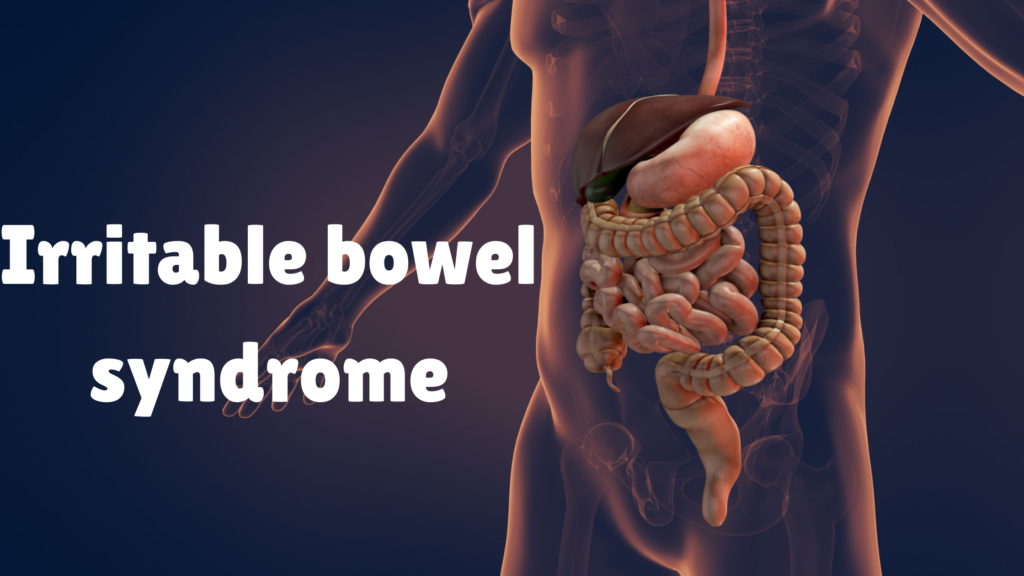❓ What Is IBS?
Irritable Bowel Syndrome (IBS) is a chronic functional disorder of the digestive system. It affects how the gut moves and processes food, causing abdominal discomfort, bloating, and changes in bowel habits—without any visible damage to the intestines.
It’s common, long-term, and not dangerous, but it can significantly affect daily life.
🔍 Causes (not fully understood):
- Abnormal gut muscle contractions
- Oversensitive nerves in the digestive tract
- Stress or anxiety
- Imbalance in gut bacteria
- Post-infection IBS (after a stomach bug or food poisoning)
📋 Types of IBS:
| Type | Main Symptom |
|---|---|
| IBS-C | Constipation-predominant |
| IBS-D | Diarrhea-predominant |
| IBS-M | Mixed (both diarrhea and constipation) |
⚠️ Common Symptoms:
- Abdominal pain or cramping (often relieved by a bowel movement)
- Bloating and gas
- Diarrhea, constipation, or both
- Mucus in the stool
- Urgency to go
- Feeling of incomplete bowel movements
🔁 Symptoms often come and go in flares.
🩺 Diagnosis:
- Based on symptoms (Rome IV criteria)
- Rule out other conditions (e.g. celiac, IBD, infections)
- May involve:
- Blood/stool tests
- Colonoscopy (if red-flag symptoms like bleeding or weight loss are present)
💊 Treatment & Management:
🏠 Lifestyle & Diet:
- High-fiber diet (for IBS-C), or low-FODMAP diet (for bloating/gas)
- Avoid triggers like:
- Caffeine
- Fatty foods
- Dairy (if lactose intolerant)
- Artificial sweeteners
- Stress management: meditation, yoga, CBT
Medications (based on symptoms):
- Laxatives (for constipation)
- Anti-diarrheal meds (like loperamide)
- Antispasmodics (for cramping)
- Probiotics (may help some)
- Prescription drugs (e.g., linaclotide, rifaximin, eluxadoline)
🛡️ Key Points:
- IBS does not cause cancer or permanent damage
- It’s manageable, but often needs a mix of diet, stress reduction, and medication
- Track symptoms with a food & symptom diary to identify triggers
